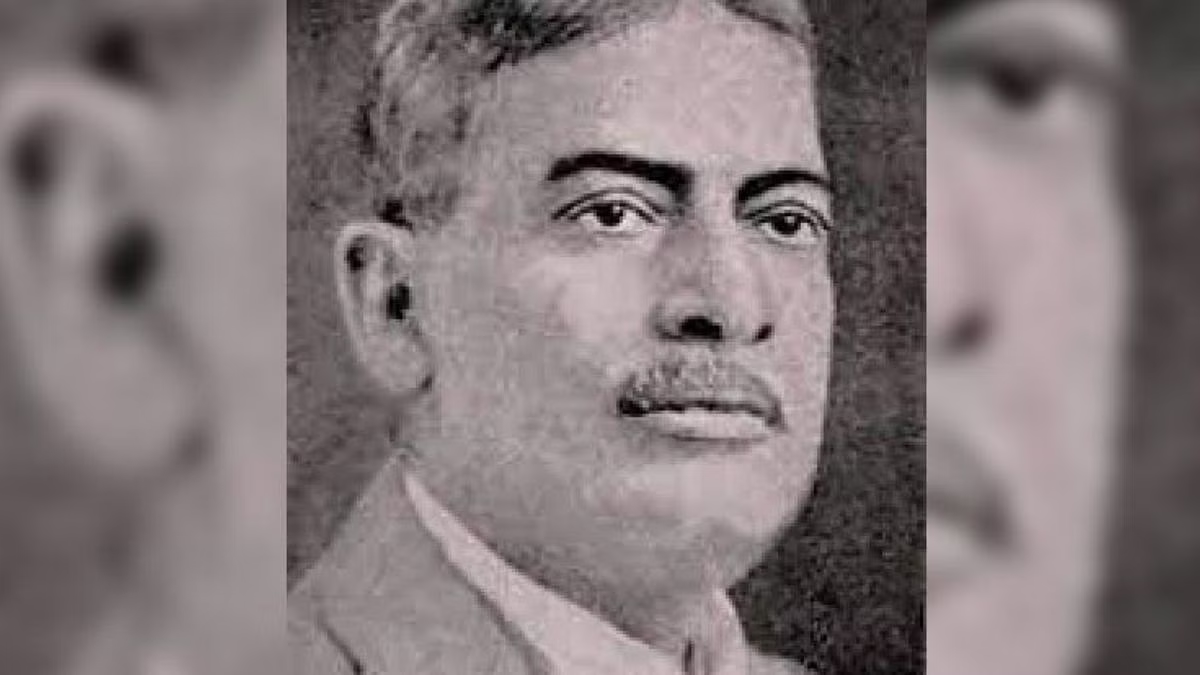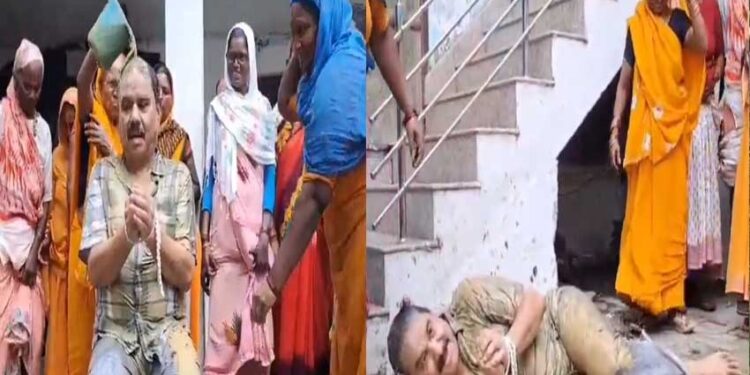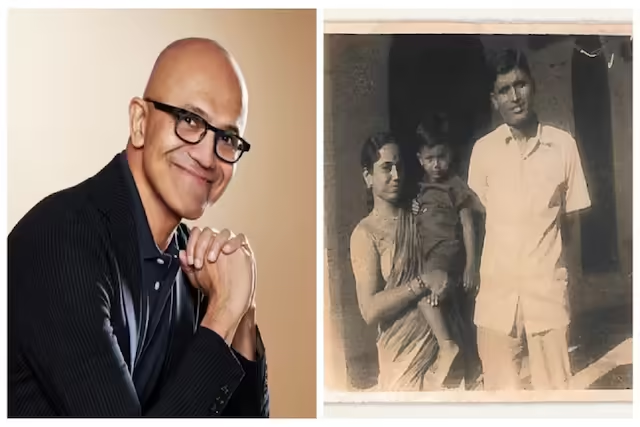History News Desk !!! Rai Bahadur Sir Upendranath Brahmachari (English: Rai Bahadur Sir UpenNath Brahmachari, born- 19 December 1873; death- 6 February 1946) was a scientist from India and a foremost doctor of his time. In 1922, he synthesized urea stebemine (carbostibemine) and determined that it is a great medicine for the treatment of Kalazar. Upendranath Brahmachari saved the lives of millions by making the medicine of Kalazar, yet he could not get the Nobel Prize. The soil of India has given birth to many scientists who have shown new direction to the whole world. Such Indian scientist Dr. Upendranath Brahmachari was also one of them. He was also nominated for the Nobel Prize, but unfortunately he could not get the Nobel due to the Second World War.
Introduction
Upendranath Brahmachari was born on 19 December 1873 in Jamalpur town of Munger district of Bihar. His date of birth was marked on 7 June 1875 in government records. Jamalpur has been an important place since the British time due to the railway workshop. His father Neemani Brahmachari was a doctor in Eastern Railway. Upendranath was very smart in reading and writing from the beginning. After completing his early education in Jamalpur, he received the title of Honors from Hooghly College in Mathematics and Chemistry (in two subjects together). The achievement was good in mathematics, but Undendranath chose medicine and chemistry for further studies. He later moved to Kolkata, where he received the first class degree in Chemistry from Presidency College.
Admission to State Medical Services
Upendranath Brahmachari entered the state medical service in 1899. Upendranath got the opportunity to work in the ward of Sir Zerald Bomford, considered the first physician. Sir Zerald was greatly impressed by the loyalty and research tendency towards the work of young Upendranath. Sir Zerald appointed Upendranath as a teacher of medicine at Dhaka Medical College, using his influence. Upendranath Brahmachari worked in that position for about four years.
Retired activity
After retirement, Undendranath Brahmachari became a professor of tropical diseases at the Persmiil Medical College and also served as a unpaid professor in the Department of Jvern Sion at Science College, Kolkata University. In those days, the outbreak of Kalazar disease was spreading fiercely among children and elders. At that time many remedies for Kalazar were in circulation, but no medicine was effective in reducing the number of deaths. Despite many efforts and adverse circumstances, Umendranath Brahmachari prepared a drug controlling Kalazar. Upendranath Brahmachari named him urea stebamine. In 1932, the Commission appointed by the then Government of India declared urea stebamine as an effective medicine for Kalazar. Currently, almost control over Kalazar in India and other countries has been obtained.
Deprived of nobel
India was first nominated for the Nobel Prize in 1929 in 1929. One name was nominated for Physics of Chandrashekhar Venkat Raman, while the other name was Upendranath Brahmachari, who was nominated for the Nobel Prize in the field of medicine. None of the two could be selected that year. Chandrashekhar Venkat Raman was re -nominated in 1930. This time he was so convinced to be selected that he did not wait till October to announce the names and moved to Switzerland in September itself.
Upendranath Brahmachari’s name was re -nominated for the Nobel Prize in 1942. 5 different people nominated Upendranath Brahmachari, but unfortunately the second world war began and the Nobel Prize was not given to anyone that year. An Indian scientist, an Indian scientist of Nobel, was deprived of this award. As a result of this, today Chandrashekhar Venkat Raman’s name is known in the country, while no one knows Upendranath Brahmachari.
Duties
Upendranath Brahmachari was a doctor by profession and a scientist by psychosis. He used to try to understand his illness well instead of walking the patient by writing a slip. He believed in making treatment comfortable and full effective by research. This is the reason that he became synonymous with Kalazar disease, which has become synonymous with time. He had saved more than 3 lakh people of Assam from death after discovering the new effective drug of Kalazar. In Greece, France, China etc. countries, there is no data on the number of their drugs.






